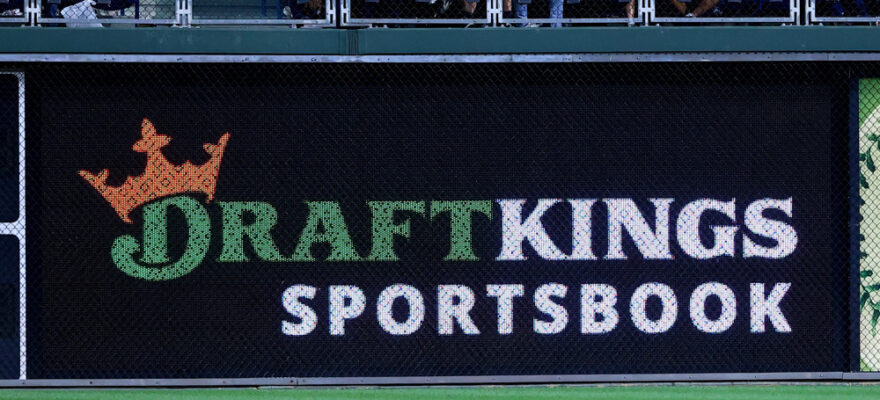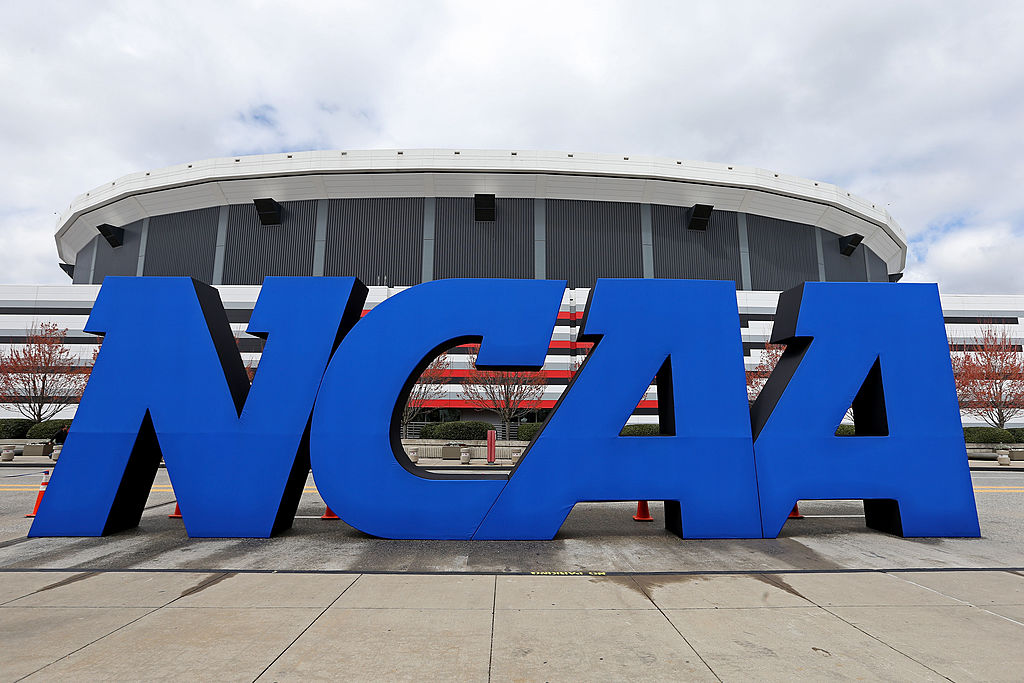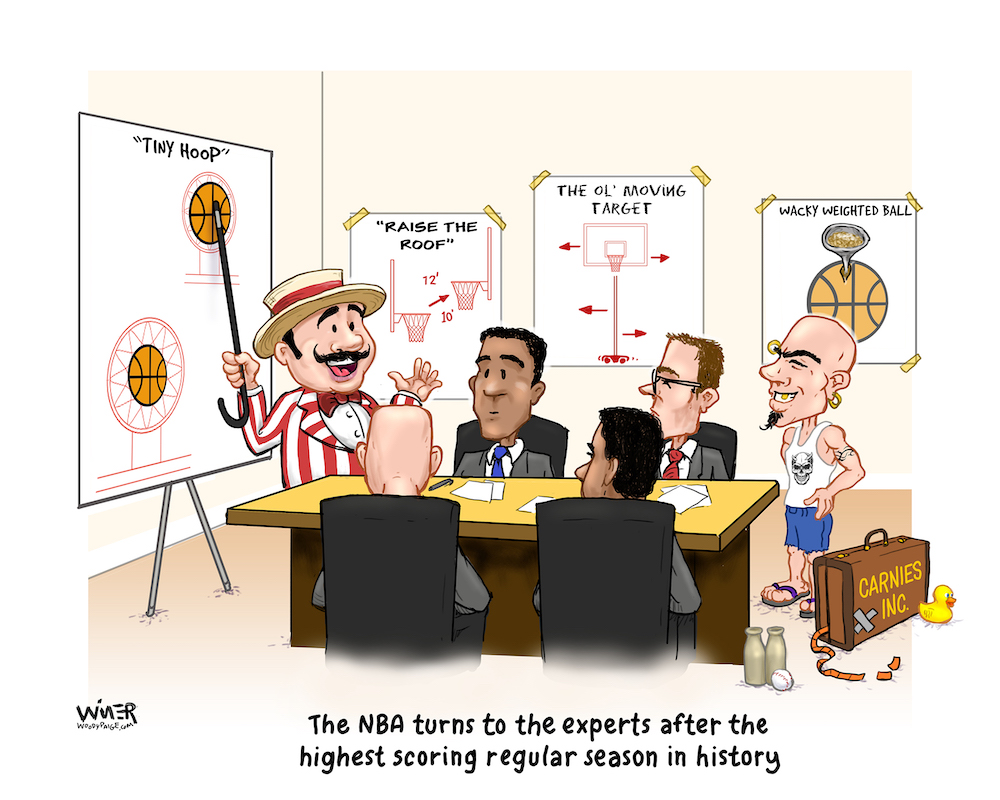There’s an old adage that says, “The enemy of my enemy is my friend.”
That could very well hold true for baseball’s traditionalists and those who remain fearful that a good number of odd ball and downright goofy proposed MLB rule changes could significantly alter the game they hold so dear. Something that’s been taboo forever – sports betting and wagering on Major League Baseball games – could actually end up being a significant roadblock to many of the changes so many people desperately don’t want to see happen.
That’s because the gambling industry may not want them to happen, either.
Somewhere Pete Rose is smiling. And/or scratching his head.
Baseball isn’t embedded with wagering nearly as much as football is, but with the rapid growth of sports betting among fans – and more importantly the big dollar sponsorships involved – MLB has changed it’s thought process. Pandering to the short-attention span audience – those who say the game is boring and won’t watch unless it’s played at a faster pace and has more scoring, regardless of what kind of rule changes it takes to accomplish that – has been benched in favor of a partnership with the gaming industry, who’s followers are less worried about baseball’s non-existent clock and more interested in many outcomes within a single nine-inning contest.
You probably won’t hear much of anything coming out of MLB HQ regarding “Pace of Play” anymore. It’s no longer a front burner issue.
And MLB will likely stop worrying about the creation of more offense when there’s an “over-under” for fans to wager on.
Back in the day, the baseball owners were the ones worried about preserving the history and integrity of the sport. MLB avoided making any changes to the game at all, much less significant ones like the “California tie-breaker” for extra innings or the “three batter minimum” for relief pitchers. And downright stupid ideas like moving the pitching rubber back by a foot or allowing a batter to “steal first base” (when he swings and misses at pitch in the dirt regardless of the count) would never have ever been considered. Now some are being tested out in independent minor leagues to see if they have any value.
What’s critical is the “value” part. As in monetary value. To the owners.
While all proposed rule changes are shared with the Player’s union, they are NOT collectively bargained. The rules say that in order to immediately implement a rule change, the owners need the players’ approval. But lacking that approval, the owners can unilaterally implement those changes after simply waiting one year.
So it’s the owners who will make these rules decisions, period.
MLB owners have become less concerned about the preservation of the National Pastime (as seen in their once forbidden association with sports betting) and more focused on how to squeeze every dime out of their investment. That focus has led to non-baseball people making the vast majority of baseball decisions.
One main focal point of the on-going collective bargaining negotiations between the players union and the owners is the fact that fielding a competitive team in order to be profitable is no longer a real thing. In non-COVID seasons, MLB teams turn a sizable profit before they put a single fanny in a single seat. Shared profits from league wide media rights and marketing have made the turnstiles a third tier revenue stream for most teams. The motivation to spend money on salaries in order to put a winning team on the field is simply not strong enough anymore to force owners to go all out to win. (More on that later.)
And now gaming industry partnerships have added to the owners growing bottom line.
But those same partnerships have also removed the need for owners to try to find so many ways to change the game in order to attract borderline fans. Real baseball fans don’t want to see the mound moved back, or a batter take off for first base any time he swings at a ball in the dirt, or seven inning doubleheaders (meaning less action to wager on.) They don’t want bigger bases, or limits on pick off throws to first, or games decided in extra innings by a ghost runner. They want doubleheaders to be nine innings in length. The mound the same, the defense the same, etc.
The wild card in all this of course, is the “robot” umpire debate. This is the one area where sports bettors and traditionalists strongly differ. Technology has proven the human element to be flawed. The gaming industry doesn’t like flawed. They prefer precision and accuracy that removes gray area. For decades, calling balls and strikes has been flawed to some degree or another. That gray area was an accepted part of the game. There’s no room for gray area in sports betting.
Feel free to place a wager on who wins this one.
Yep, electronic umpiring is coming soon. We’ll have to wait and see whose enemy that becomes.
More from The Woody Paige Sports Network:
- Woody Paige: That time I played blackjack with Michael Jordan in Monte Carlo
- John Elway’s 7 best moments as General Manager of the Denver Broncos
- Super Bowl odds 2022: Tom Brady and Buccaneers among Super Bowl 56 favorites
- Nix the “Power Six” – Time for real a G5 “Alliance” between the AAC and the Mountain West
- Is Teddy Bridgewater the long-term answer at QB for the Denver Broncos?
- Who should end up where in College Football’s “Super Conference” – and who should be left out?
- Woody Paige: Pat Bowlen’s legacy doesn’t deserve longtime, clownish Kaiser claim
- Could Peyton Manning and John Elway co-exist in the same Broncos new ownership backfield?


















